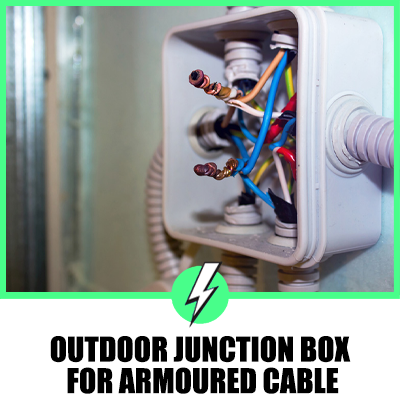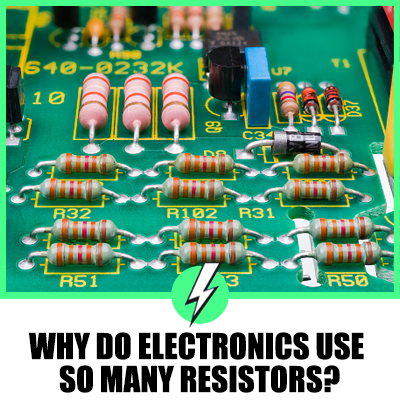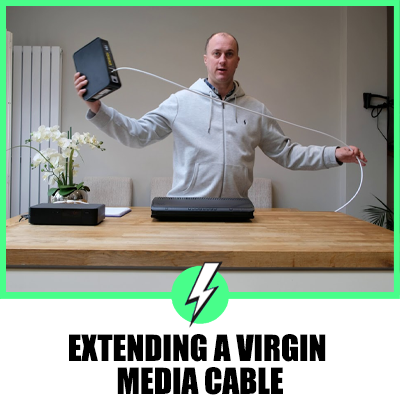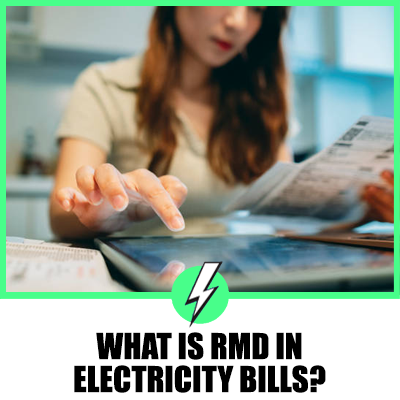Can Quarters Conduct Electricity? An Exploration of Coins and Conductivity
Electricity, the flow of electric charge, is a fundamental concept in physics and engineering.
It powers our homes, runs our devices, and even plays a crucial role in our bodies.
But can something as commonplace as a quarter conduct electricity?
The answer is a resounding yes.
This article aims to delve into this intriguing topic, suitable for both UK and US audiences.
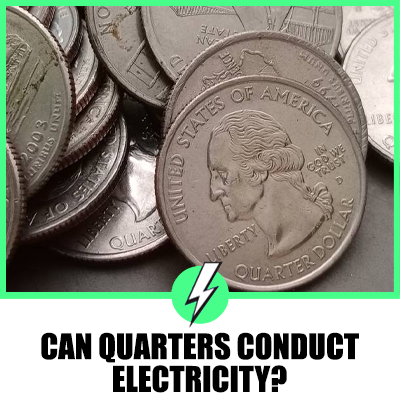
Contents
Can Coins Conduct Electricity?
Coins, being made of metal, are indeed conductors of electricity.
Metals are known for their ability to allow electric charge to flow through them.
This is due to the structure of metallic bonds, where electrons are free to move and carry electric charge.
However, not all metals are created equal when it comes to conductivity.
The type of metal a coin is made from can significantly impact its ability to conduct electricity.
Which Coin is a Good Conductor of Electricity?
The conductivity of a coin depends on the type of metal it’s made from.
Copper, for instance, is an excellent conductor of electricity.
This is why it’s often used in electrical wiring and circuits.
Copper is found in almost all US coins, making them good conductors.
However, other metals used in coins, such as zinc and nickel, don’t conduct electricity as well as copper.
In the UK, the two pence and one penny coins were traditionally made from bronze, a copper alloy, making them good conductors.
However, since 1992, these coins have been made from copper-plated steel, which is not as good a conductor as pure copper or bronze.
Can a Silver Coin Conduct Electricity?
Silver is actually the best conductor among all elements.
It’s even better than copper.
However, due to its cost, it’s not commonly used in electrical applications.
If you have a silver coin, rest assured that it can conduct electricity very well.
Silver coins are not commonly in circulation, but they are often collected by numismatists and can be found in some commemorative collections.
Can Electricity Pass Through a Metal Coin?
Yes, electricity can pass through a metal coin.
In fact, you can even build a simple battery using coins.
By stacking different types of metal coins separated by a piece of cardboard soaked in vinegar, you can create a basic voltaic cell.
This is a fun and educational experiment that demonstrates the principles of electrochemistry.
However, it’s important to note that while this is a fun experiment, coins should not be used as a replacement for proper electrical components in any serious electrical work or repair.
Insights from Online Discussions
Online discussions reveal a consensus that coins, including quarters, can conduct electricity.
However, the conductivity varies depending on the type of metal used in the coin.
For example, modern pennies, which are copper-plated steel, are not as good conductors as old pennies, which were made of a copper alloy.
A Victorian sixpence (silver-based) or a gold sovereign would be even better conductors.
The Science Behind Conductivity
Conductivity is a property that is inherent in the atomic structure of materials.
In metals, the outermost electrons of the atoms are not tightly bound to their atoms.
They can move freely within the metal, forming a ‘sea’ of electrons.
When a voltage is applied across a piece of metal, these free electrons move, creating an electric current.
This is why metals are good conductors of electricity.
Practical Applications of Coin Conductivity
While it’s not advisable to use coins in place of proper electrical components, understanding the conductivity of coins has some practical applications.
For example, coin batteries, also known as button cells, are a type of battery that is often used in small devices like watches and hearing aids.
These batteries use different metals to create a voltage, much like the coin battery you can create at home.
Safety Precautions
While experimenting with coins and electricity can be educational and fun, it’s important to always prioritize safety.
Never insert coins into electrical outlets or use them to replace fuses or other electrical components.
Always follow safety guidelines when working with electricity to prevent accidents and injuries.
Conclusion
In conclusion, quarters, like other coins, can conduct electricity due to their metal composition.
However, the level of conductivity depends on the specific metals used.
So next time you have a quarter in your hand, remember, it’s not just a piece of currency, it’s also a potential conductor of electricity.
Please note that while coins can conduct electricity, they should never be used in place of proper electrical components.
Always prioritize safety when dealing with electricity.
